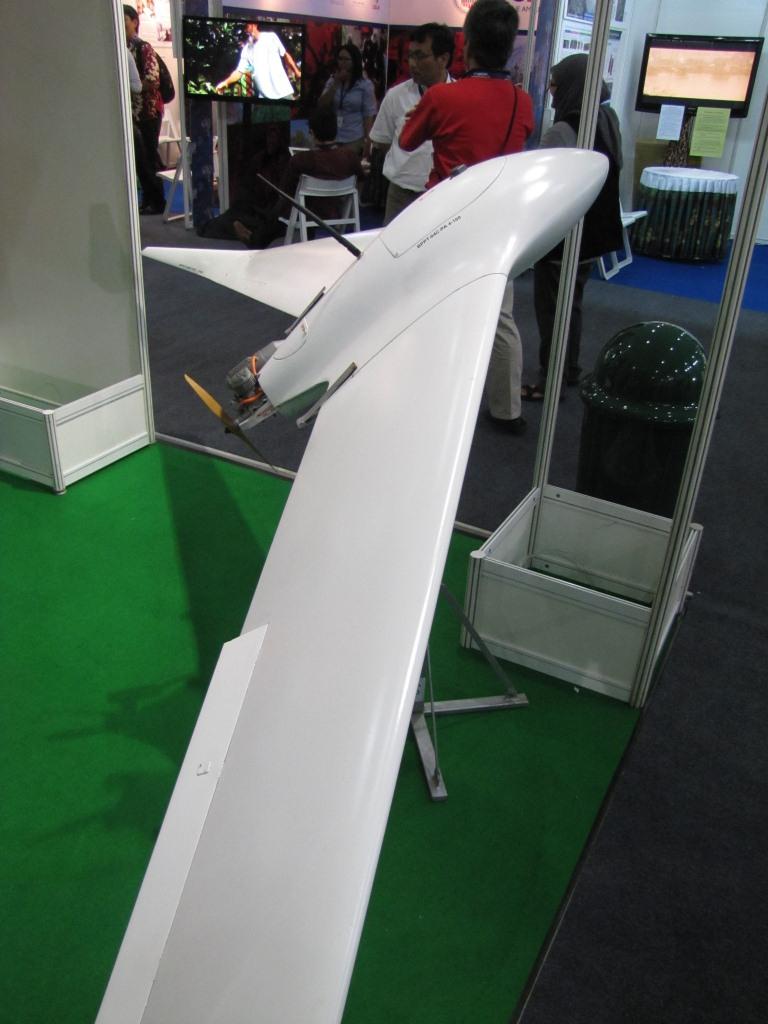
The development of new early warning technological systems which allow the detection and adequate response to potential natural disasters can greatly contribute to saving more lives in the future.
Technologies such as the European Forest Fire Information System (EFFIS), the European Flood Alert System (EFAS) and the Global Disaster Alert and Coordination System (GDACS) have proven effective in better coordinating efforts and prevent lives loss.
There are multiple areas where the European Commission is developing innovative solutions for disaster monitoring and preparedness. Such systems are designed to complement existing Disaster Risk Reduction [link to DRR page] operations.
The development of new systems and life-saving technology is supported by research funding under Horizon 2020. Innovation to increase Europe's resilience to crises and disasters, which is particularly relevant to civil protection activities, falls under the research area of security.
The Copernicus information network comprises several systems which, by collecting data from space and earth-based systems, aim to support environmental policies and security issues. In case of disaster, Copernicus provides important support to civil protection operations.
SAFER, a project financed under the 7th Framework Programme, intends to further develop an Emergency Response Service. SAFER can currently be activated by the European Commission's Emergency Response Coordination Centre (ERCC) and national civil protection authorities to provide reference and damage assessment maps, e.g. of flooded areas.
The European Commission is also working together with the European Space Agency on the development of solutions for the use of satellite communication for civil protection interventions.
